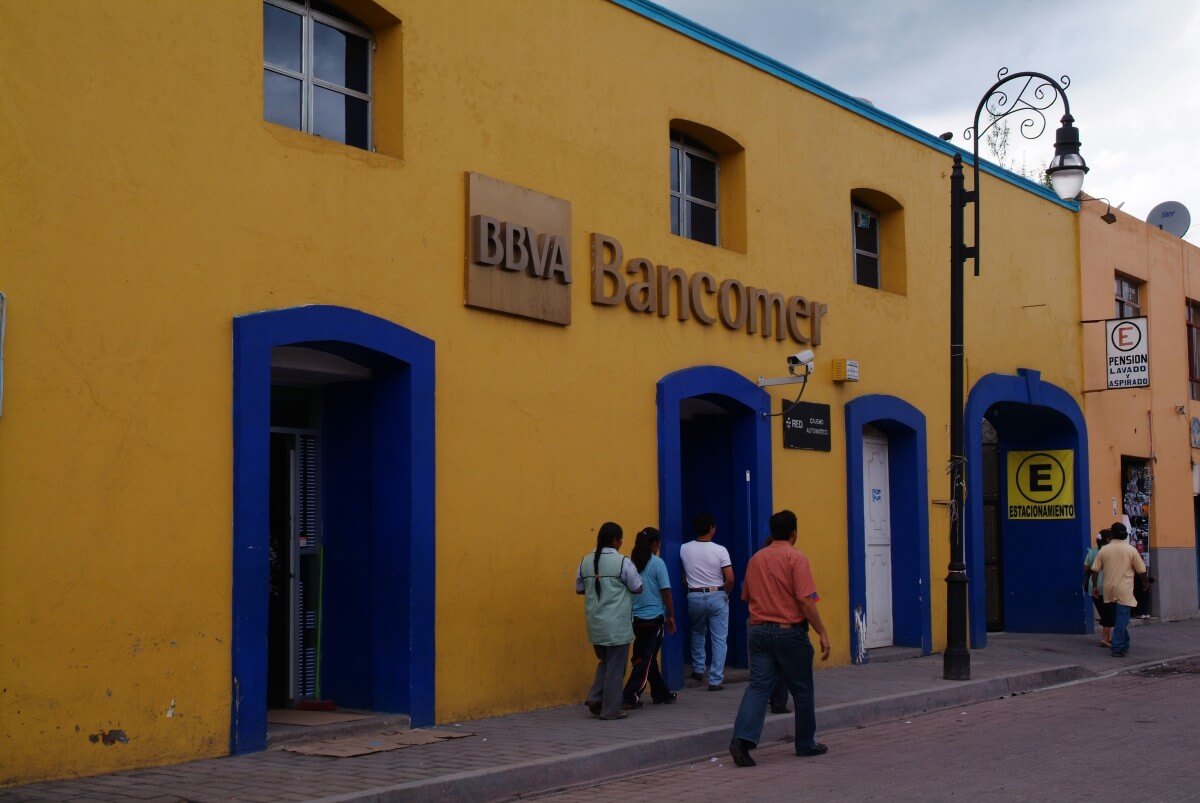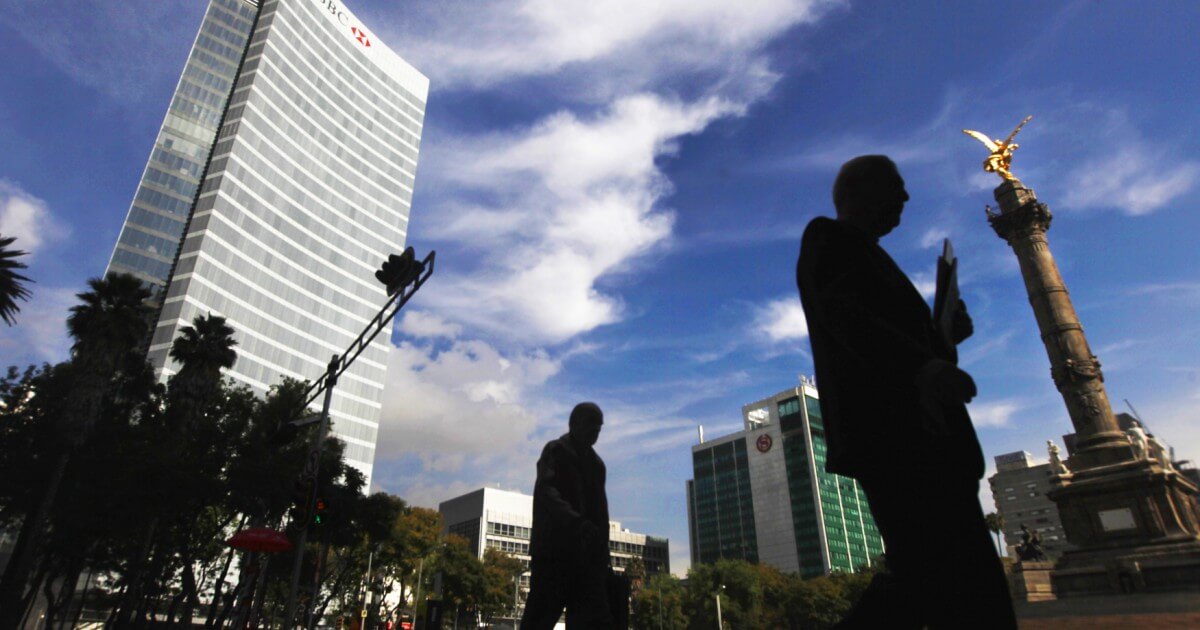 Report indicates banks launder more money than Bitcoin and other cryptos
Report indicates banks launder more money than Bitcoin and other cryptos Report indicates banks launder more money than Bitcoin and other cryptos

Photo by Dmitry Demidko on Unsplash
A new report out of Mexico noted that financial institutions and banks launder a huge amount of money compared to newer financial businesses, according to El Economista.
Banks the biggest money launderers
In its second National Risk Assessment, Mexico’s Financial Intelligence Unit concluded that the money laundering activities originating from banks and other financial institutions greatly outweighed any similar issues encountered by and reported by other fintech businesses like “neo” banks.
The report pointed out that Mexico’s “G7 banking” group, made of Santander, BBVA, Citibanamex, Banorte, HSBC, Scotiabank, and Inbursa, have both registered and made significantly more money using illicit methods than other financial businesses.

“Derived from the applied methodology, the multiple banks, made up of the seven largest banks in Mexico, is the sector most likely to be used to carry out money laundering operations,” said Santiago Nieto Castillo, head of the financial crimes unit in Mexico.
Meanwhile, the report added that traditional businesses like financial brokerages, exchange firms, and banking institutional providers were also included in the “high risk” classification.
However, it did point out the digital finance and fintech sector is not fully clean. The sectors were called a potential propagator of financial crimes, terrorist financing, and money laundering. Fortunately (or not), there was no risk classification as such levied.
That said, in a conference earlier this August, a Mexican official did state that cryptocurrencies post a risk for conducting and spurring criminal activities, adding Mexican regulators considered the technology as an “emerging risk.”
HSBC’s drug cartel
Starting 2012, UK’s HSBC, a premier international bank, was in the regulatory crosshairs the past few years after ties to fuelling a drug empire in Mexico and Columbia were unearthed by regulators.
The bank even paid a $1.9 billion fine and entered into the five-year deal in 2012 for failing to prevent Mexican drug cartels from laundering hundreds of millions of dollars.

Lax money laundering controls at HSBC allowed two cartels – one each in Mexico and Colombia – to move $881 million in drug proceeds through the bank over the second half of the last decade, according to documents in the case, as per Reuters.
So far, no such instance of widespread money laundering has been found out in the cryptocurrency industry, especially not with any centralized player like wallets or exchanges involved.
In fact, firms like Chainalysis are now even actively working with regulators to pinpoint Bitcoin transactions and catch any suspicious activity — a method that may not allude to true cyberpunks but legitimizes the crypto sector nonetheless.
The tug-of-war between cryptos and banks goes on.



 Farside Investors
Farside Investors 


 CoinGlass
CoinGlass 



















































































